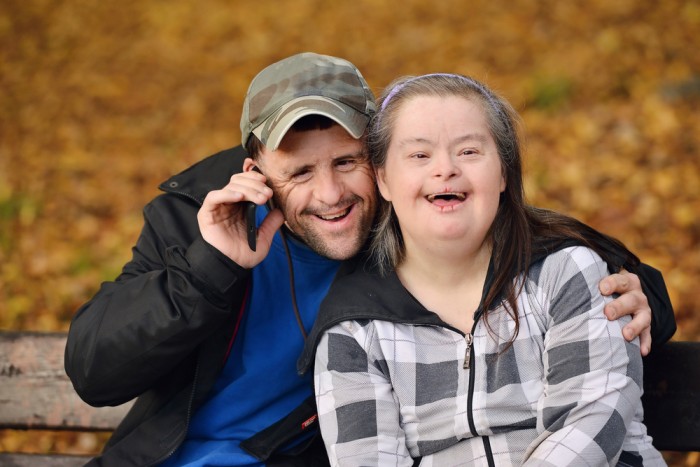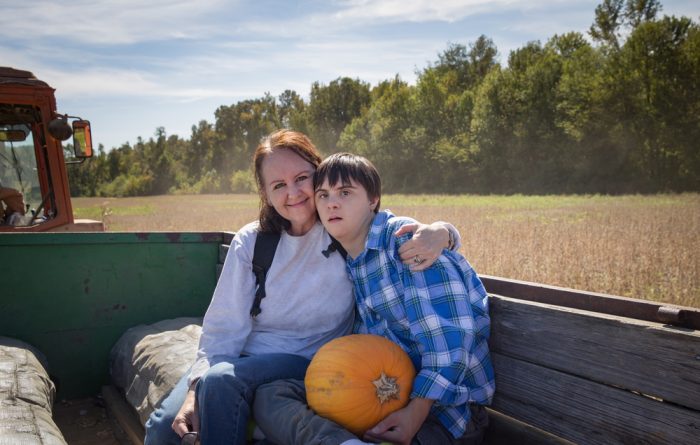RCPA PAC Golf Fundraiser
Please join RCPA for an afternoon of golf, which will benefit the RCPA PAC, on Wednesday, May 18, 2022, immediately following the RCPA Annual Membership Meeting. You can register here to attend the RCPA PAC golf fundraiser to be held at Dauphin Highlands Golf Course, Harrisburg, PA. Golf outing hole sponsorships are available to support this fundraiser, and we hope you will consider becoming a hole sponsor.
Not a golfer but would still like to support the RCPA PAC? For your convenience, you can now make a personal online contribution, which will provide financial support to state legislators or representatives who have demonstrated a strong, consistent, and positive interest in our legislative priorities. If you are interested in learning more about the RCPA PAC or donating, please visit our website, download the PAC FAQ Card and Donation Card, or email Jack Phillips, Director of Government Affairs.

















